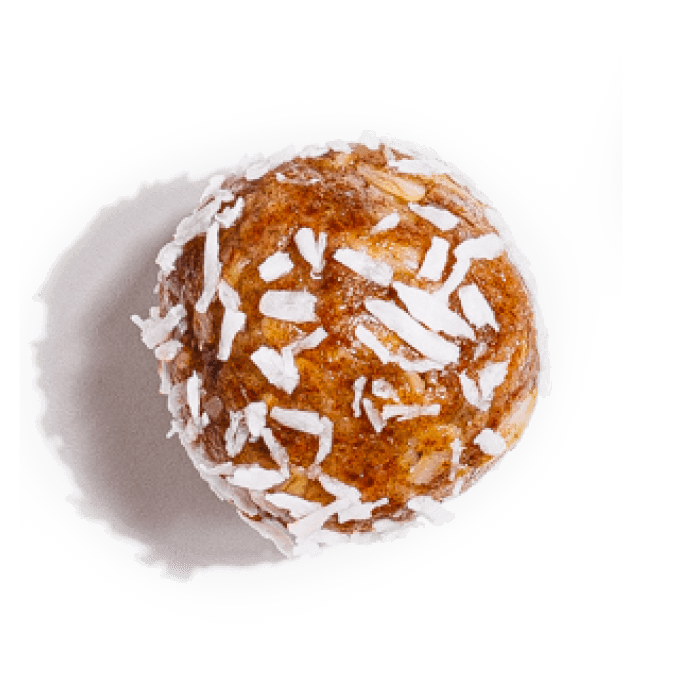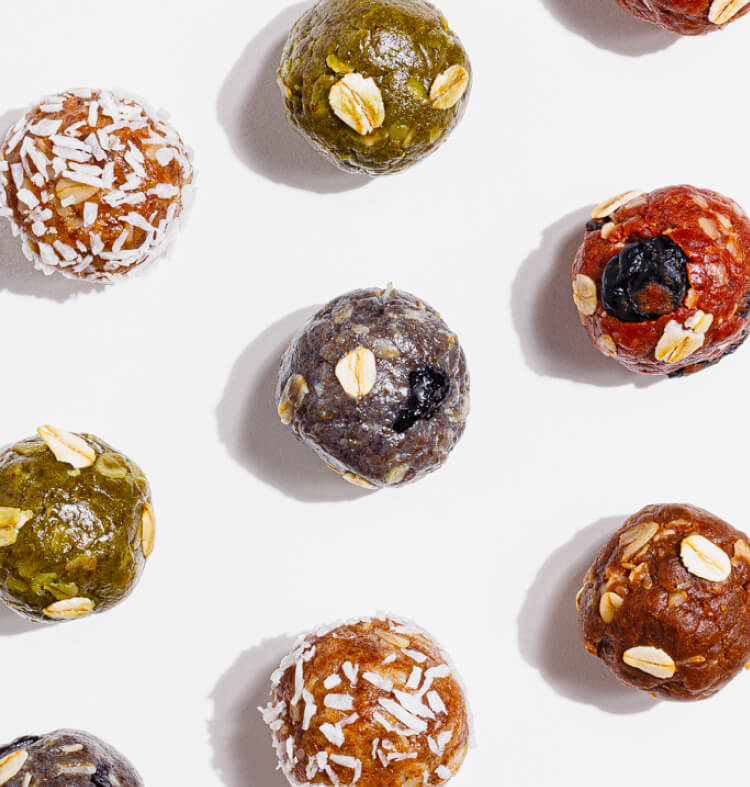By: Louise Gottsche
New moms have so many things to juggle. It should probably come to no surprise that mothers sometimes feel the daily demands exceed their emotional and physical resources to cope. This is called stress and it is a normal part of parenting (1). We'll talk about stress and some root causes, if stress affects milk supply and breastfeeding, as well as some solutions to help you cope with stress as a new mom.
Some causes of stress
Changing hormones as well as physical and psychological changes associated with your new role as a mama (2) may make you feel overwhelmed. But other factors such as your health status prior to and during pregnancy, timing of delivery, social or family environment and the health of your baby may also contribute to your stress levels. And if this list of possible causes is not already long enough, breastfeeding may also cause stress (3).
How does stress affect breastfeeding?
Breastfeeding is hard work and sometimes difficult. Stressing about it affects your milk supply and the contents of your milk. When you experience stress, your body responds by releasing hormones namely cortisol, adrenaline and norepinephrine. While these can help you to cope in the short-term, they may have a negative effect on your physical and mental health in the long run (4).
Maternal emotional distress inhibits the let-down reflex which may lead to the disruption in milk flow and reduced milk volume (5). Mamas who are prone to be more anxious have difficulties maintaining lactation (6).
If you aren’t taking the time to eat or drink enough water or don’t have the time to nurse your baby as frequently as needed because you are stressed or dealing with a stressful situation, it may affect your milk supply. The amount of milk your body makes depends on how often your baby drinks. The more your baby drinks, the more you will produce.
How does stress affect milk supply and quality of breastmilk?
It is not clear how stress will affect breast milk nutrient composition, but it may affect some immune factors in human milk (2,7) and increase the cortisol levels your breastmilk.
Don’t worry mama, here are some tips to help.
Decreasing your stress levels will benefit you and your baby. Consider some of these tips to relax.
Tips to cut down on stress
- Take your baby for a stroll in the park. Exercise releases endorphins that may help you to cope better with stress.
- Practice deep-breathing techniques.
- Phone a friend or talk about all the stressors over a cup of tea.
- Book a date with yourself to do something you enjoy, such as reading a book.
- Listen to calming music.
- Get as much sleep as possible.
- Ask for help. Raising children that will have a positive impact on the world is everybody’s business.
- Try to eat healthy. To nourish yourself and your breastmilk. Mama Bites are packed with nutrients and do not require any preparation. The work is already done for you. Our way of helping to support both you and your baby from afar!
References:
- Deater-Deckard, K., Chen, N. & Mallah, S., 2017. Oxford Bibliographies. [Online] Available at: https://www.oxfordbibliographies.com/view/document/obo-9780199828340/obo-9780199828340-0142.xml [Accessed 17 December 2020].
- Moirasgenti, M., Doulougeri, K., Panagopoulou, E. & Theodoridis, T., 2019. Psychological stress reduces the immunological benefits of breast milk. Stress and Health, p. 35:681–685.
- Pundir, S. et al., 2019. Maternal influences on the glucocorticoid concentrations of human milk: The STEPS study. Clinical Nutrition, Volume 38, pp. 1913 -1920.
- Coertze, T. 2019. Thesis: Effectiveness of the implementation of psycho-educational session on parenteral stress in a neonatal intensive care unit.
- Shukri, N., Wells, J. & Fewtrell, M., 2018. The effectiveness of interventions using relaxation therapy to improve breastfeeding outcomes: A systematic review. Matern Child Nutr, Volume 14, p. e12563.
- Soffer, G. et al., 2020. Impact of Maternal Anxiety on Human Milk Macronutrients Content: A Prospective Observational Study. Breastfeed Med , 15(9), pp. 572-575.
- Kawano, A. & Emori, Y., 2015. The relationship between maternal postpartum psychological state and breast milk secretory immunoglobulin A level. J Am Psychiatr Nurses Assoc , 21(1), pp. 23-30. doi: 10.1177/1078390314566882.







